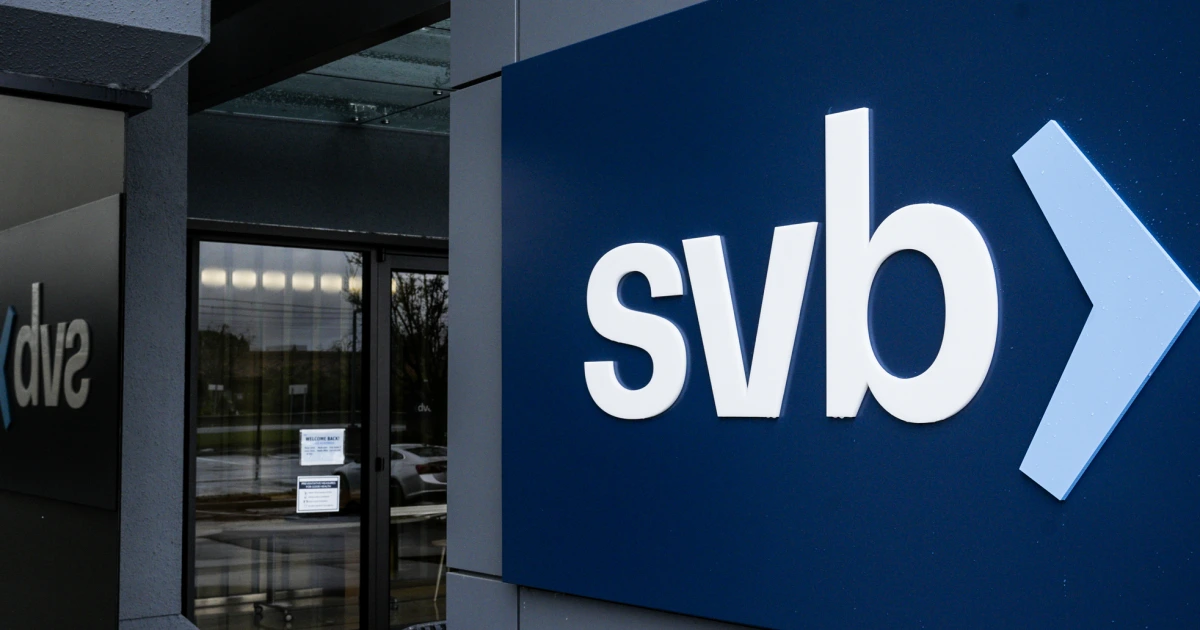|
Getting your Trinity Audio player ready...
|
The sudden collapse of Silicon Valley Bank has sent shockwaves throughout the tech industry, with investors and startups now scrambling to assess their financial exposure and the impact on their operations. This news comes at a time when many businesses are already on edge due to widespread layoffs and less access to capital in an uncertain economy.
On Friday, California regulators closed down the bank and placed it under the control of the US Federal Deposit Insurance Corporation (FDIC), which is acting as a receiver. Typically, this means that the bank’s assets will be liquidated to pay back its customers, including depositors and creditors. The move followed 48 hours of uncertainty about the lender’s liquidity, which prompted some startups to consider withdrawing funds and sparked fears of contagion in the broader financial industry.
The sudden collapse has left many in the startup community reeling, with founders now concerned about retrieving their money, paying salaries, and covering operating expenses. Ashley Tyrner, the founder of health food delivery company FarmboxRx, said in an email to CNN, “Now that the bank has folded, I just want to know what happens next. The FDIC covers $250K, but am I going to recover my whole 8 figures?”
Parker Conrad, the CEO and co-founder of HR platform Rippling, reported that his company has learned that some customers’ payrolls are being delayed due to the bank’s “solvency challenges.” He wrote on Twitter, “Our top priority is to get our customers’ employees paid as soon as we possibly can, and we’re working diligently toward that on all available channels, and trying to learn what the FDIC takeover means for today’s payments.”
The impact of the collapse is being felt across the industry, with some venture capital firms advising their portfolio companies to withdraw money from the bank. Founders Fund, an influential VC firm founded by billionaire Peter Thiel, reportedly gave this advice. However, other prominent venture capitalists are urging calm and have called for the support of the bank.
The fallout at Silicon Valley Bank comes at a difficult moment for the tech industry. Rising interest rates have eroded easy access to capital that fueled soaring startup valuations and funded ambitious, money-losing projects. According to data released in January by CBInsights, venture funding in the US fell 37% in 2022 compared to the previous year. Broader macroeconomic uncertainty and recession fears have also prompted some advertisers and consumers to tighten spending, cutting into the industry’s revenue drivers.
In summary, the sudden collapse of Silicon Valley Bank has sent ripples of uncertainty throughout the tech industry, compounding the challenges that many startups were already facing. The impact of this closure will be felt for some time, as investors and startups continue to assess the fallout and plan for the future. While some are advising caution, others are urging support for the bank during this challenging time.



